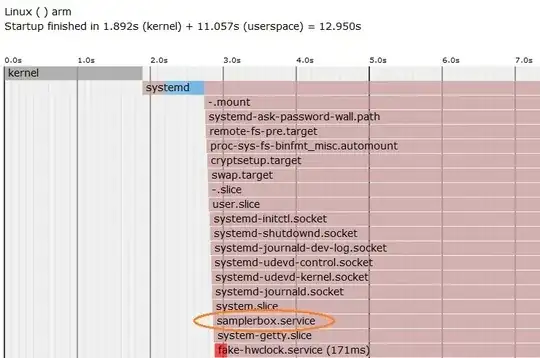If you combine Arch Linux with the features that Fred suggested, you should get a generally fast booting OS.
What slows down OS' boot-times is
Slow read/write (I/O) speeds.
So you using a faster SD card will help, a Class 10 card will be substantially faster than a Class 4 card. I misunderstood how SD card classes worked, and that has been pointed out quite clearly in the comments, my bad. Actually, a Class 10 card will be faster than a Class 4 card for large file transfers such as HD video and whatnot. Apparently Class 4 performs just as well with smaller files. Again, my bad, but hey, we all learn now and again.
A bogged-down init sequence.
If you have lots of software that fires up during the boot phase, the boot-time is going to be slower. More software starting == Longer boot time.
Thus, if you need a fast boot, cut as much software from the init sequence as possible. You can create a simple script (or I'm sure there is one out there) that will launch software after the main boot sequence completes, spreading the load out a bit more.
That's basically it. Arch Linux is probably the way to go, combined with the features Fred mentioned, as I said before. Arch is a very minimal OS and may not be the best thing for a beginner to use, but if you have experience in Linux, then go for it. It just takes a bit of setting up, as it comes with the bare minimum to install and that's it.
Hope your project goes well!
